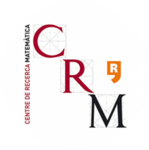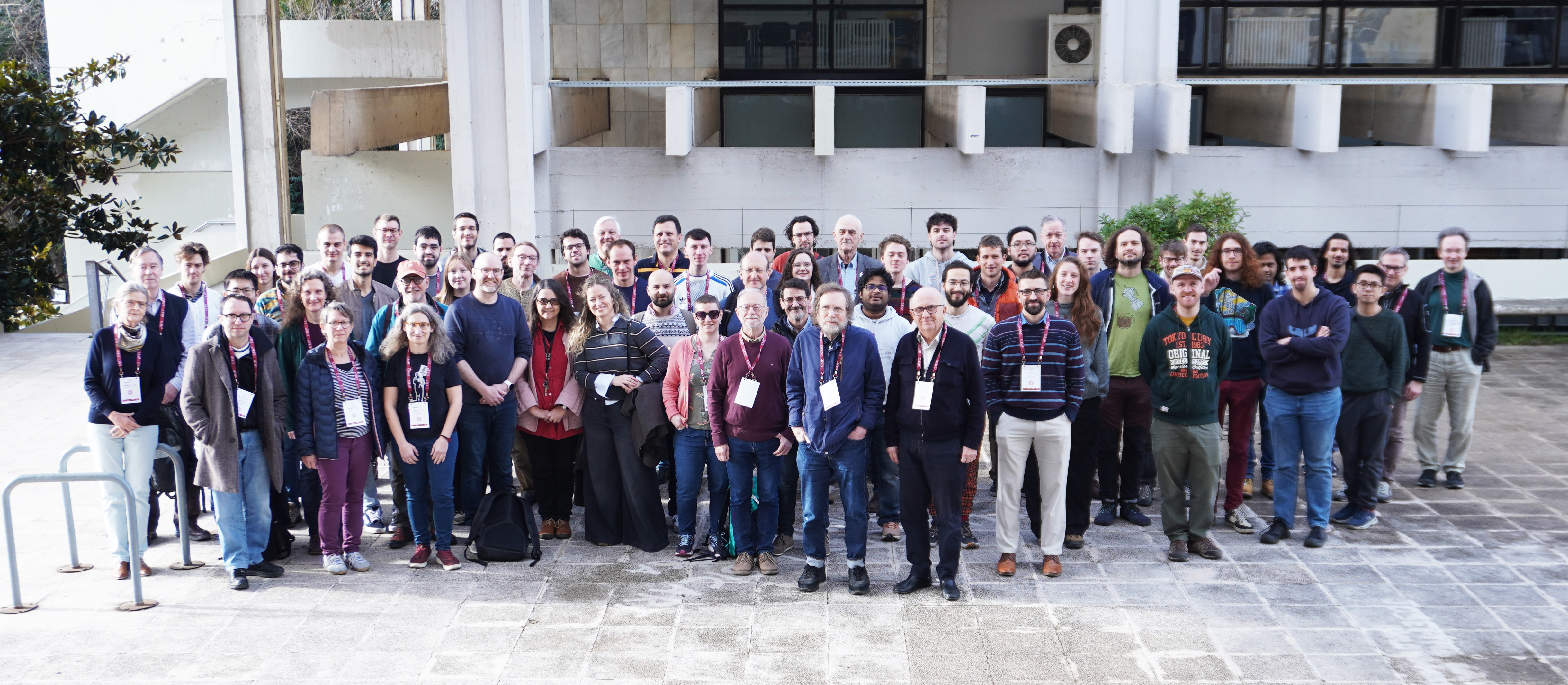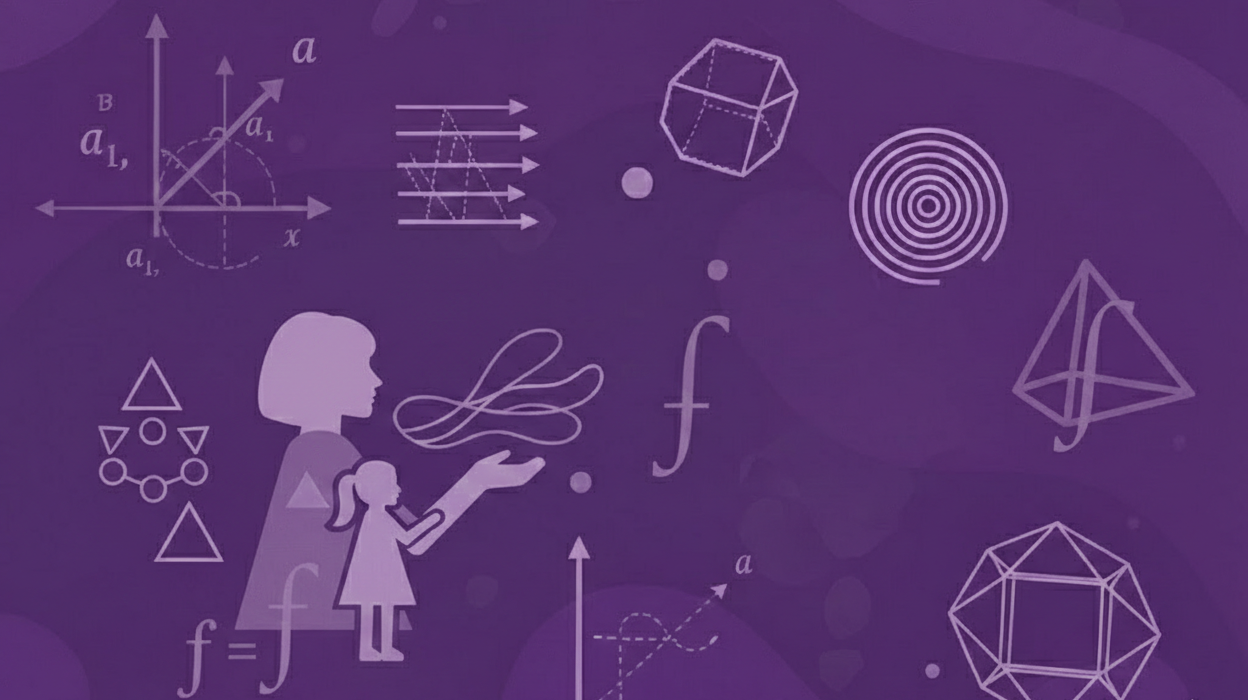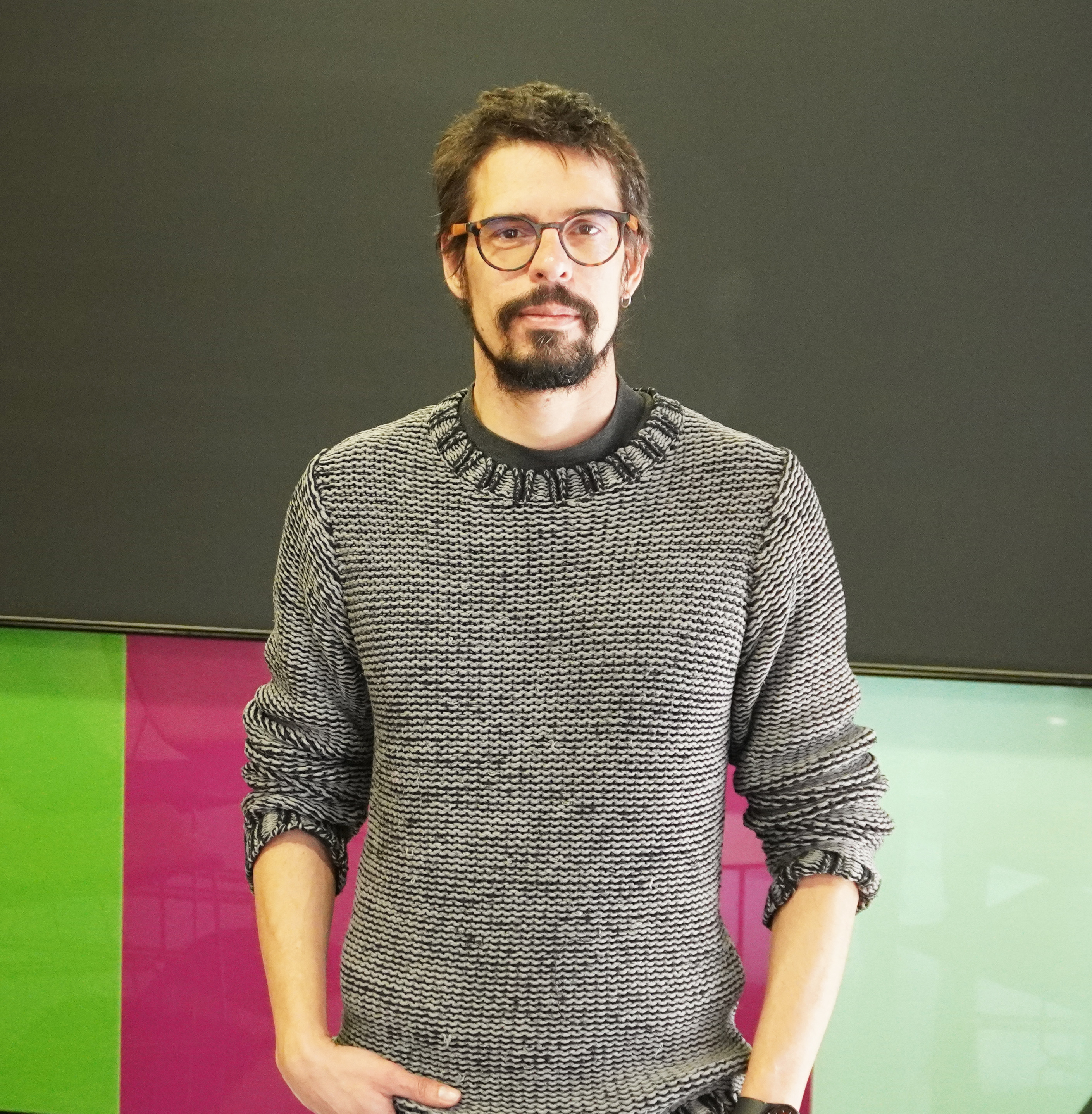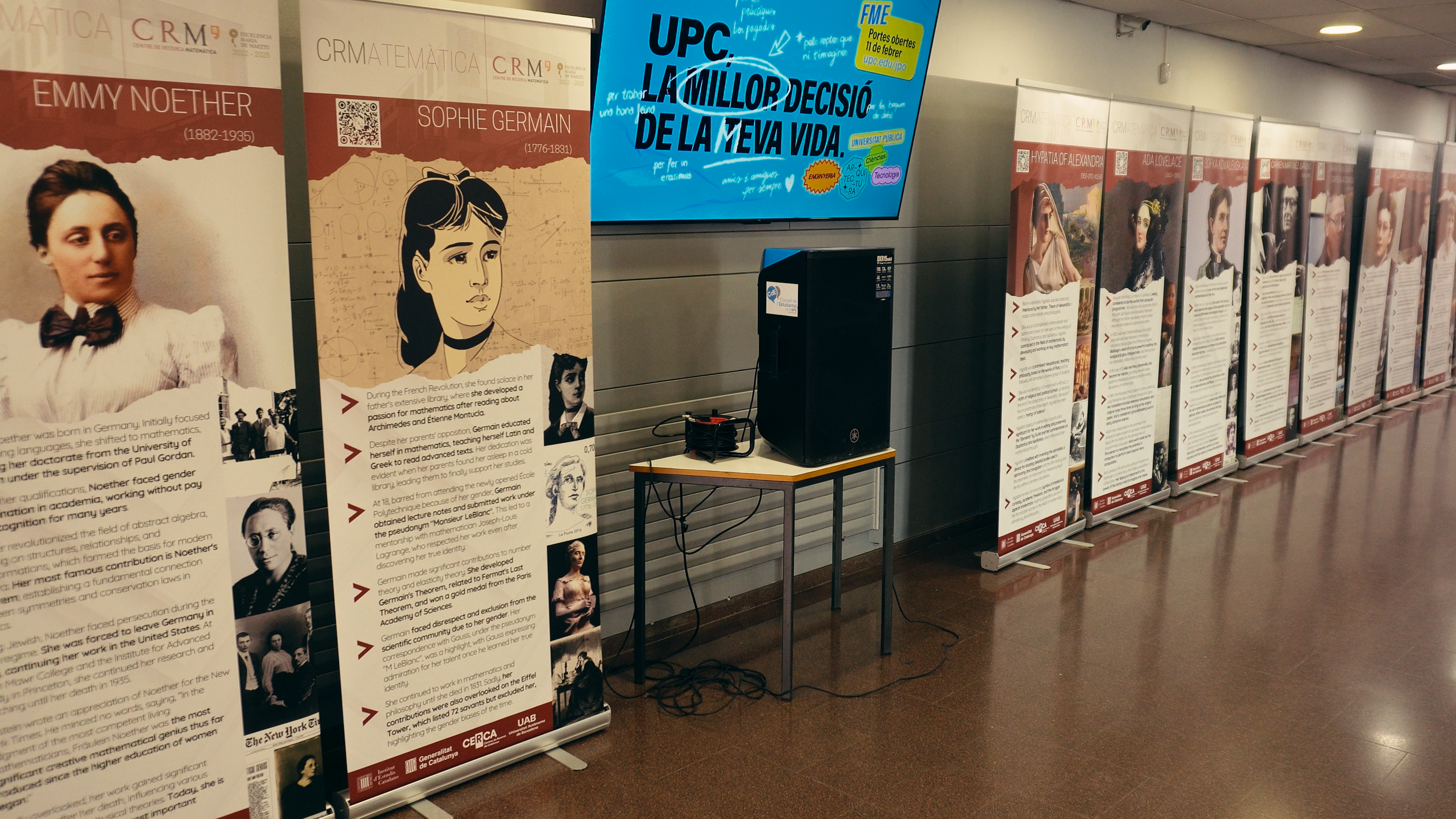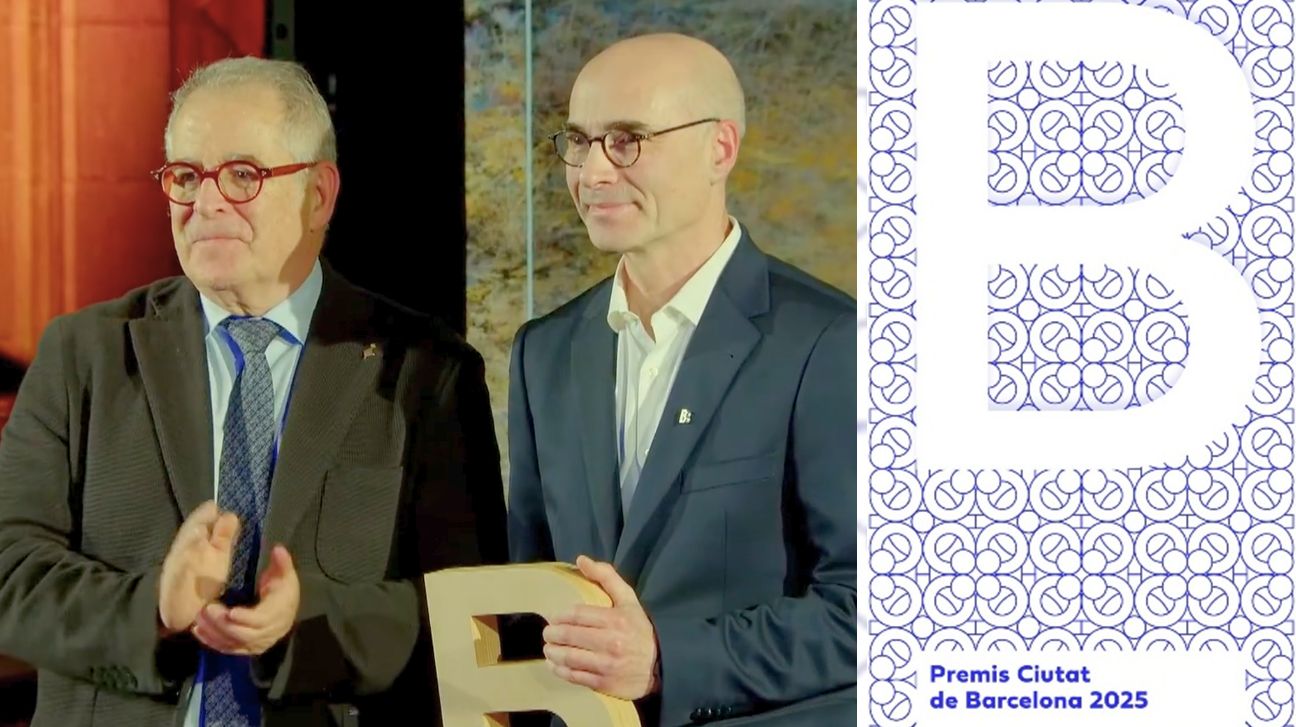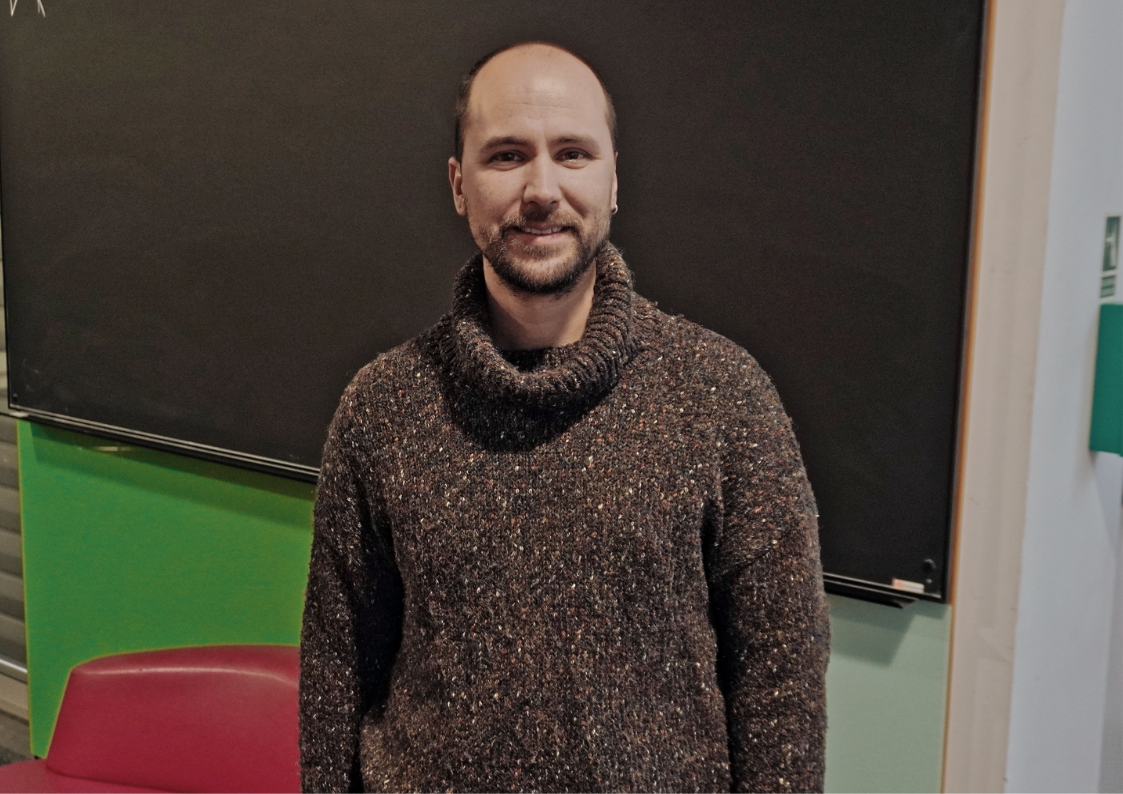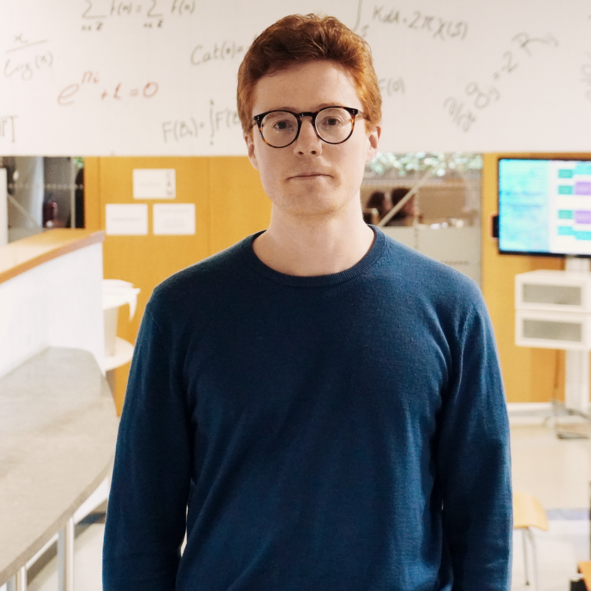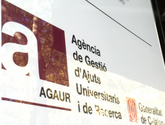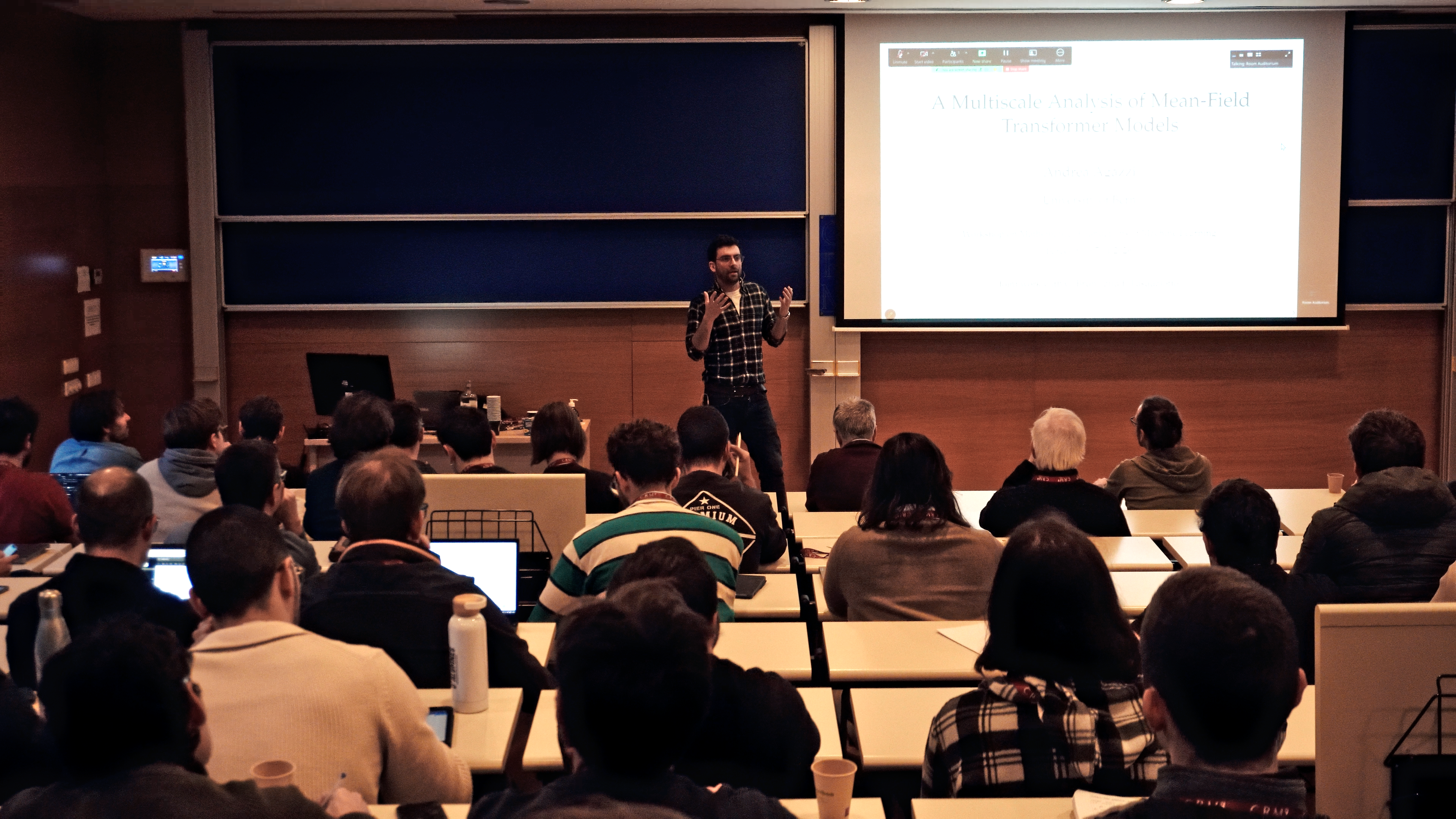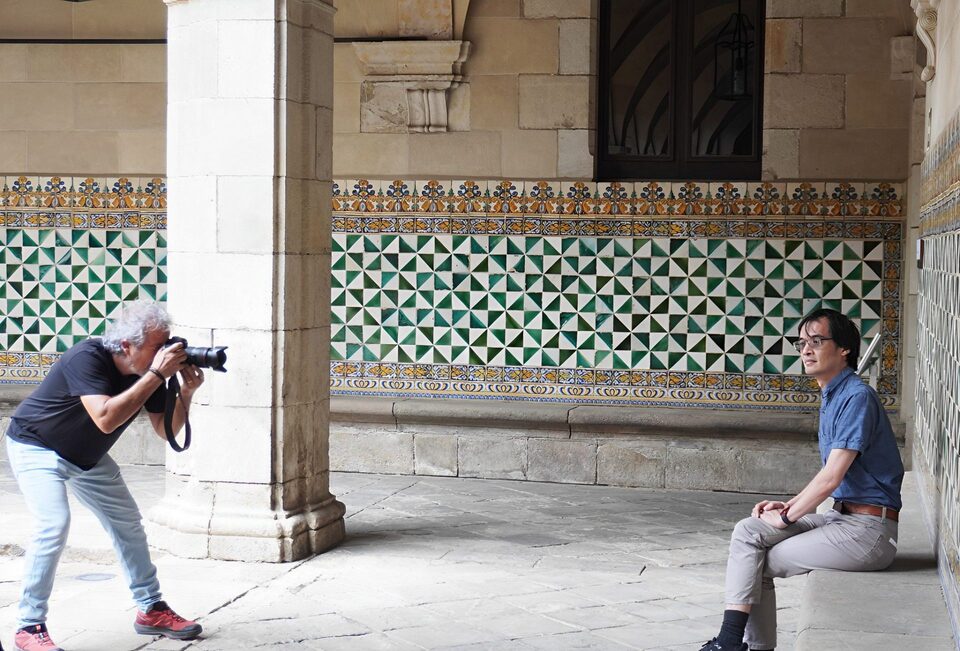
Terence Tao’s visit to Barcelona for the Fluid Dynamics, Geometry, and Computer Science in Interaction workshop, held from September 16-20, 2024, was a significant event for the mathematical community. Tao delivered the CRM Annual Colloquium on Machine Assisted Proofs at the Institut d’Estudis Catalans, discussing the evolving role of AI in mathematics. The event attracted a diverse audience, including many young students, and served as a major opportunity for collaboration and learning, with prominent speakers also contributing to the workshop.
Bellaterra, September 27, 2024 – Terence Tao, one of the most celebrated mathematicians working today, visited Barcelona to participate in the Fluid Dynamics, Geometry, and Computer Science in Interaction workshop from September 16 to 20, 2024. Organized by Ángel González Prieto (Universidad Complutense de Madrid), Eva Miranda (Universitat Politècnica de Catalunya-CRM), and Daniel Peralta-Salas (Instituto de Ciencias Matemáticas-CSIC), the workshop gathered leading experts to explore the intersections of these fields.
Tao, often described as the “Mozart” or the “Leonardo da Vinci” of mathematics, has contributed to fields ranging from number theory to harmonic analysis. His passion for numbers was evident from a young age. As he shared in an interview with Diari Ara, by the age of two, Tao had already taught older children how to count and often requested mathematical problems to occupy himself.
His IQ, measured at 230 when he was just eight years old, remains among the highest ever recorded, although Tao humbly downplays its significance. As he explained in the interview, it is hard work and curiosity, not IQ, that drives mathematical success. Some of Tao’s mathematical research has had far-reaching practical applications, including advances in medical imaging technologies like MRI scans. By connecting mathematical puzzles with real-world problems, Tao has helped reduce MRI scan times, making the procedure more efficient and less distressing for patients.
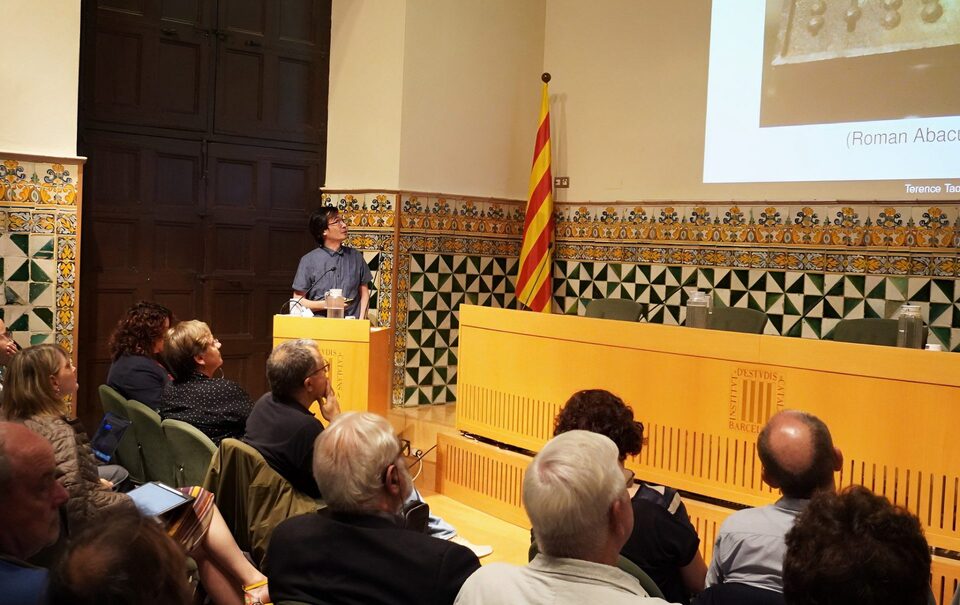
One of the highlights of Tao’s visit was delivering the CRM Annual Colloquium at the Institut d’Estudis Catalans on September 18. Titled Machine Assisted Proofs, his lecture explored how computers, artificial intelligence, and machine learning are increasingly becoming integral to mathematical discovery. He highlighted how these tools have evolved from being mere computational aids to now generating conjectures, performing proofs, and pushing the boundaries of what human mathematicians can achieve. Tao further speculated on the future of these collaborations, predicting a deeper integration of human creativity with machine precision.
The public colloquium, held in the packed Sala Prat de la Riba, was a major event for the mathematical community in Barcelona. It drew in a diverse audience, including many eager undergraduate students, providing them with a rare chance to engage directly with Terence Tao, one of the most influential mathematicians of our time. This gathering fostered lively discussions and served as a valuable networking opportunity, reinforcing Barcelona’s role as a hub for mathematical innovation and collaboration.
The workshop itself featured other prominent speakers, including Pierre Berger (IMJ-PRG, CNRS, Sorbonne Université), Pilar Bayer (Universitat de Barcelona), and Robert Ghrist (University of Pennsylvania). The week-long meeting facilitated deep interdisciplinary discussions, particularly on the intersections between fluid dynamics, geometry, and computational mathematics.
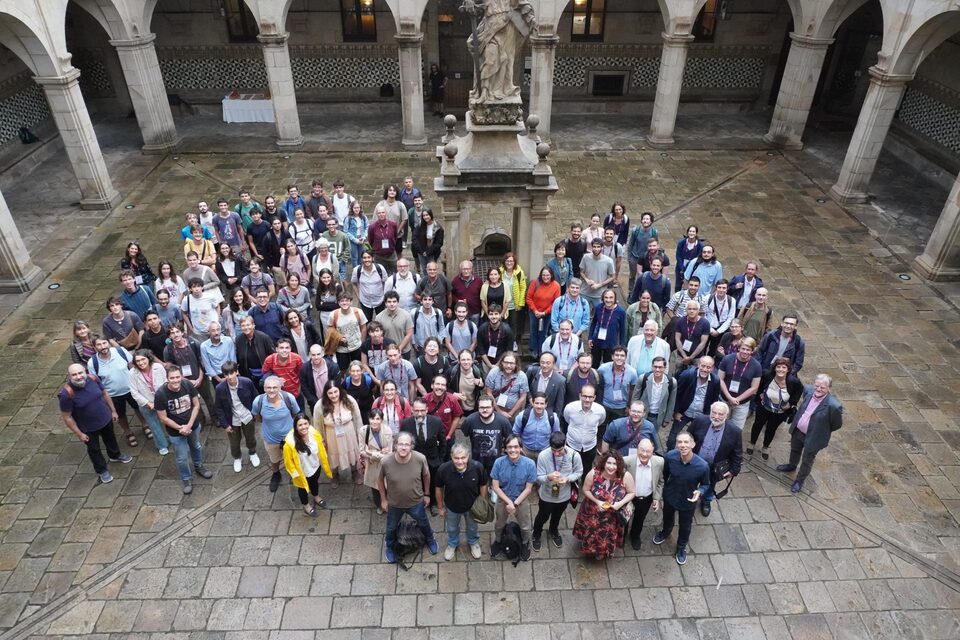
Tao’s visit to Barcelona not only provided a platform for sharing groundbreaking ideas but also inspired a new generation of mathematicians to explore the profound potential of collaboration between human and machine intelligence in solving some of the world’s most complex problems.
Subscribe for more CRM News
|
|
CRM CommPau Varela
|
When Symmetry Breaks the Rules: From Askey–Wilson Polynomials to Functions
Researchers Tom Koornwinder (U. Amsterdam) and Marta Mazzocco (ICREA-UPC-CRM) published a paper in Indagationes Mathematicae exploring DAHA symmetries. Their work shows that these symmetries shift Askey–Wilson polynomials into a continuous functional setting,and...
Homotopy Theory Conference Brings Together Diverse Research Perspectives
The Centre de Recerca Matemàtica hosted 75 mathematicians from over 20 countries for the Homotopy Structures in Barcelona conference, held February 9-13, 2026. Fourteen invited speakers presented research spanning rational equivariant cohomology theories, isovariant...
Three ICM speakers headline the first CRM Faculty Colloquium
On 19 February 2026, the Centre de Recerca Matemàtica inaugurated its first CRM Faculty Colloquium, a new quarterly event designed to bring together the mathematical community around the research carried out by scientists affiliated with the Centre. The CRM auditorium...
Trivial matemàtiques 11F-2026
Rescuing Data from the Pandemic: A Method to Correct Healthcare Shocks
When COVID-19 lockdowns disrupted healthcare in 2020, insurance companies discarded their data; claims had dropped 15%, and patterns made no sense. A new paper in Insurance: Mathematics and Economics shows how to rescue that information by...
L’exposició “Figures Visibles” s’inaugura a la FME-UPC
L'exposició "Figures Visibles", produïda pel CRM, s'ha inaugurat avui al vestíbul de la Facultat de Matemàtiques i Estadística (FME) de la UPC coincidint amb el Dia Internacional de la Nena i la Dona en la Ciència. La mostra recull la trajectòria...
Xavier Tolsa rep el Premi Ciutat de Barcelona per un resultat clau en matemàtica fonamental
L’investigador Xavier Tolsa (ICREA–UAB–CRM) ha estat guardonat amb el Premi Ciutat de Barcelona 2025 en la categoria de Ciències Fonamentals i Matemàtiques, un reconeixement que atorga l’Ajuntament de Barcelona i que enguany arriba a la seva 76a edició. L’acte de...
Axel Masó Returns to CRM as a Postdoctoral Researcher
Axel Masó returns to CRM as a postdoctoral researcher after a two-year stint at the Knowledge Transfer Unit. He joins the Mathematical Biology research group and KTU to work on the Neuromunt project, an interdisciplinary initiative that studies...
The 4th Barcelona Weekend on Operator Algebras: Open Problems, New Results, and Community
The 4th Barcelona Weekend on Operator Algebras, held at the CRM on January 30–31, 2026, brought together experts to discuss recent advances and open problems in the field.The event strengthened the exchange of ideas within the community and reinforced the CRM’s role...
From Phase Separation to Chromosome Architecture: Ander Movilla Joins CRM as Beatriu de Pinós Fellow
Ander Movilla has joined CRM as a Beatriu de Pinós postdoctoral fellow. Working with Tomás Alarcón, Movilla will develop mathematical models that capture not just the static architecture of DNA but its dynamic behaviour; how chromosome contacts shift as chemical marks...
Criteris de priorització de les sol·licituds dels ajuts Joan Oró per a la contractació de personal investigador predoctoral en formació (FI) 2026
A continuació podeu consultar la publicació dels criteris de priorització de les sol·licituds dels ajuts Joan Oró per a la contractació de personal investigador predoctoral en formació (FI 2026), dirigits a les universitats públiques i privades del...
Mathematics and Machine Learning: Barcelona Workshop Brings Disciplines Together
Over 100 researchers gathered at the Centre de Recerca Matemàtica to explore the mathematical foundations needed to understand modern artificial intelligence. The three-day workshop brought together mathematicians working on PDEs, probability, dynamical systems, and...

